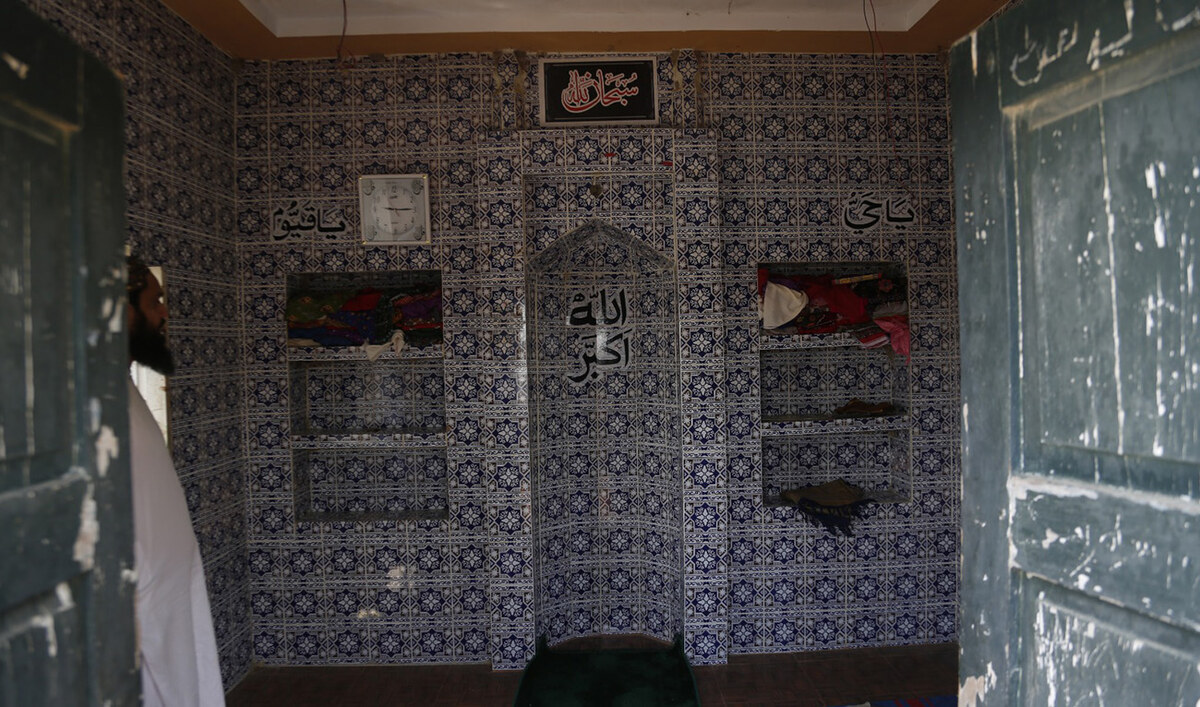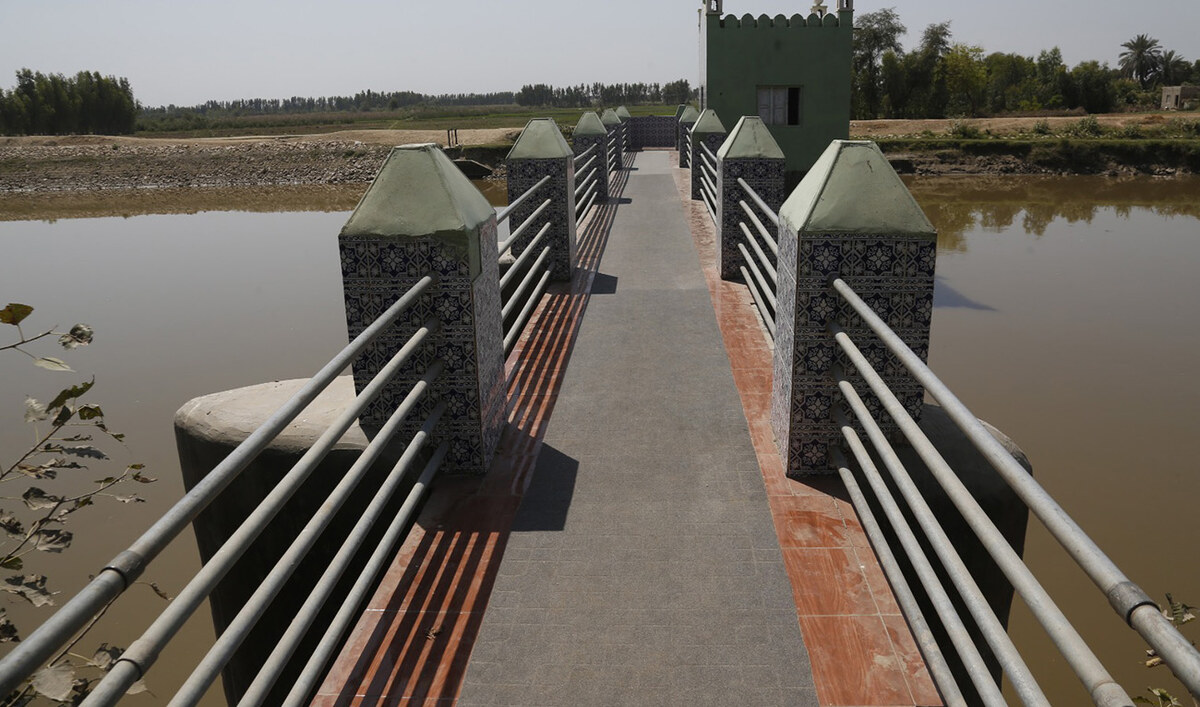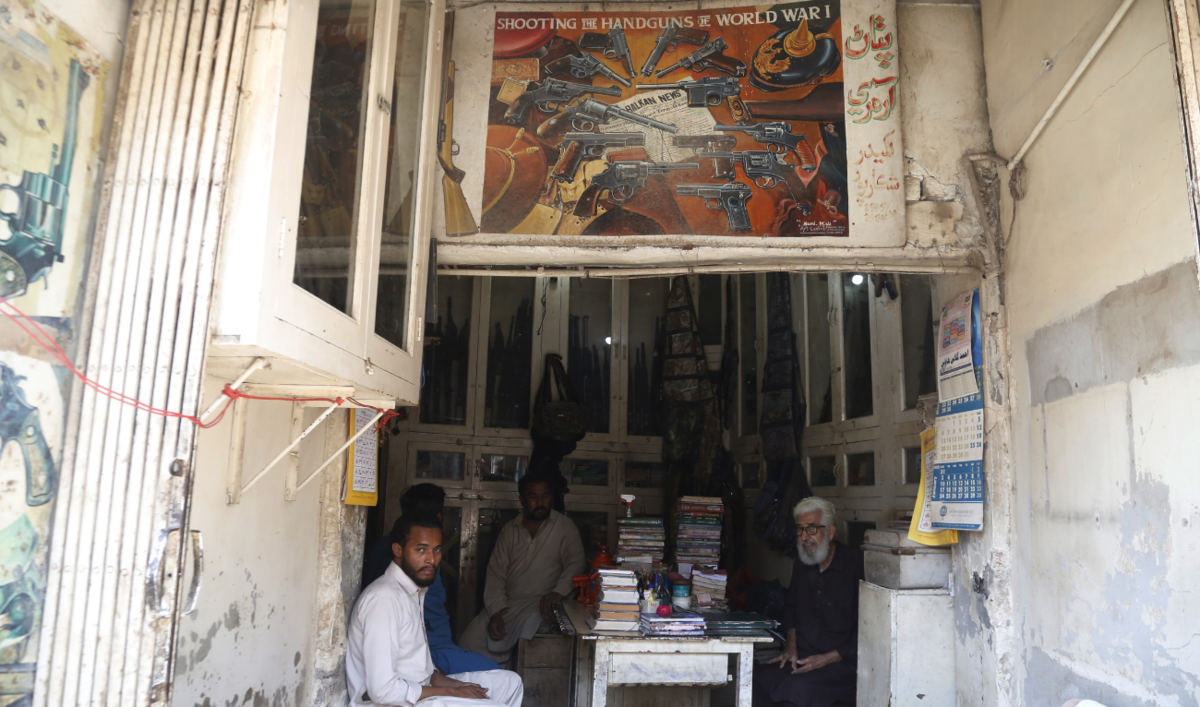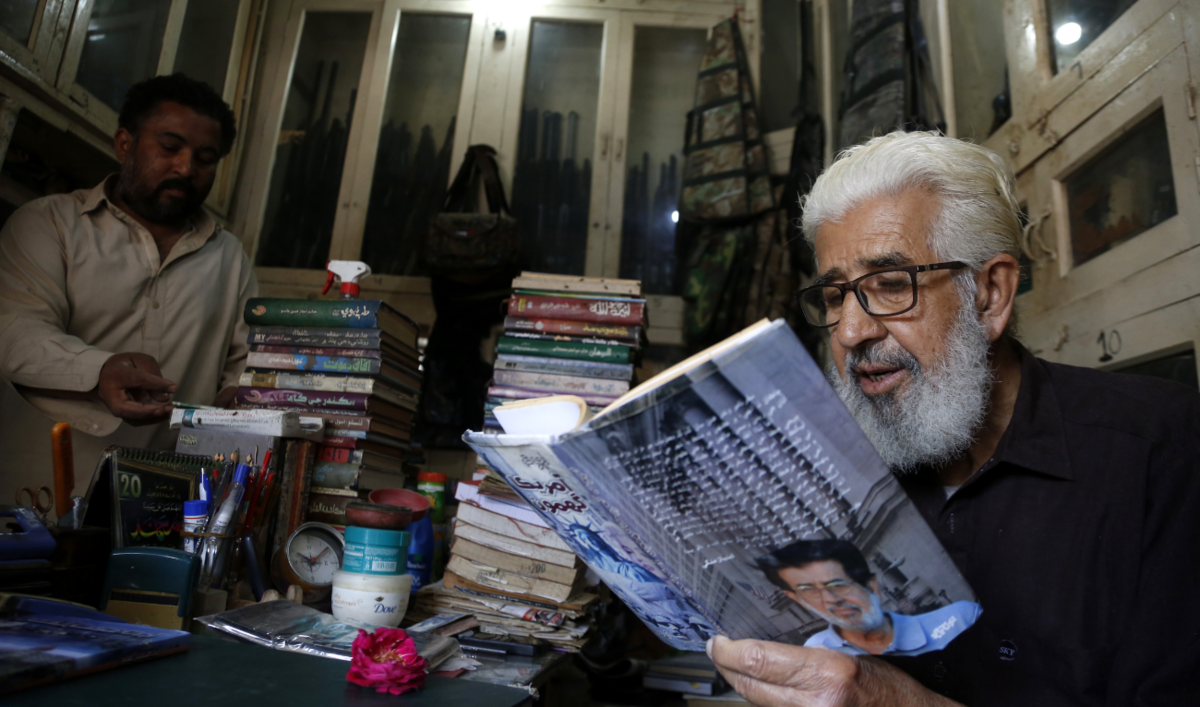ISLAMABAD: Prime Minister Anwar-ul-Haq Kakar has said the term of the head of Pakistan’s main intelligence agency, the Inter-Services Intelligence (ISI), had been extended to preserve “continuity” of policy at a time the country faces increasing militant attacks.
This is the first time a Pakistani official has publicly commented on the extension of Lieutenant General Nadeem Anjum, director general of the ISI, who was due to retire late this month. The military has not yet announced Anjum's extension formally but there has been weeks-long speculation in Pakistani media that it had been granted.
The DG ISI is one of the most important positions in Pakistan, operating at the intersection of national politics and foreign relations. The agency oversees efforts to combat militants and is also feared by civilian politicians for its role in past military coups and managing political affairs.
The last DG ISI to get an extension was Lt. Gen. Ahmad Shuja Pasha, whose tenure coincided with major anti-militant offensives in the country’s northwest.
The extension for Anjum also comes during a major uptick in militancy by groups such as Daesh, as well as Pakistan’s own indigenous Taliban movement, the TTP, which Islamabad says has been emboldened by the coming to power of the Afghan Taliban in neighboring Afghanistan.
“Try to understand the point on continuity [of policy]. Any system prefers and supports the idea of continuity,” Kakar told Arab News in an interview this week, when asked why Anjum was given an extension.
“You want to have a continuation of the process, and for you the continuation of that process is important so that idea or practice or brand gets entrenched,” the PM added, without disclosing specific details of the policies the government and military wanted Anjum to continue to implement.
“So, in that context at times in many institutions, you do feel, or the political dispensation feels, that some individual has to continue for any security benefit or otherwise, and they [the state] have got the discretion to do that [grant extension]. There’s nothing unusual and abnormal about it.”
Anjum was appointed DG ISI on November 20, 2022. Little over a week later, the TTP said it would no longer abide by a months-long cease-fire with the Pakistani government, urging its fighters to resume attacks against a continuous military campaign against them. Since then, the group has launched attacks on police compounds, security convoys and other military and civilian targets.
A report published by the Islamabad-based independent Center for Research and Security Studies in September said at least 700 security officials and militants had been killed in Pakistan in the first nine months of the year. Scores more have been killed since in attacks across the country.
And as campaigning steps up for general elections due in January, bombings across Pakistan have also stoked fears of violence at political rallies that can draw tens of thousands of people in the country of over 230 million.
Kakar told Arab News he did not want to link the rise in militancy to a possible delay in the election.
“They [militants] keep on changing their tactics, we have to respond accordingly,” the PM said. “So that’s why I’m saying that I’m not linking it [rise in attacks] or our government is not linking it with the electoral process.”
“LEVEL PLAYING FIELD”
Kakar, who runs a caretaker government constitutionally mandated to oversee general elections, also has other challenges, including widespread allegations of political persecution by the Pakistan Tehreek-e-Insaf (PTI) party of now jailed former Prime Minister Imran Khan. Political parties as well as independent analysts say Kakar’s government and the military establishment have a soft corner for the Pakistan Muslim League (PMLN) of three-time former PM Nawaz Sharif. Both deny this.
Sharif, convicted on corruption charges in two cases after his ouster as prime minister in 2017, returned to Pakistan from self-exile on Oct. 21 to lead his party in elections.
Ahead of his return, Sharif got protective bail against arrest from a court, and has since secured bail in two corruption cases. In one of the cases, the Al-Azizia Steel Mills corruption reference in which Sharif was sentenced to seven years in jail in 2018, the former PM’s sentence was suspended by the caretaker administration in the Punjab province, which is widely considered to be close to the military establishment. The army denies it has any political affiliations.
The suspension of the sentence has led to widespread speculation that the way is being paved for Sharif’s return to power for a fourth time and a number of political parties, including the PTI and the Pakistan People’s Party (PPP) of the Bhutto dynasty, have openly complained of the lack of what has popularly come to be called a “level playing field” — a euphemism for fair competition in elections.
“As we will be approaching to the electoral day, this kind of rhetoric would further increase and for very obvious, understandable reasons and that [is that] every political party wants to create a perception in my opinion with its voters and its support base that they are the victim of the administration and to attract that sympathy and translate to into vote support,” Kakar said, rebuffing accusations of unfair competition.
“I don’t see that there is a government policy of the caretaker to encourage or discourage one or other political group.”
Responding to allegations by the PTI of a widespread crackdown against the party, and by Khan that over 100 legal cases against him were politically motivated, the PM said all parties had the right to seek remedies through courts.
Khan, like Sharif, is also disqualified from the election because of an August graft conviction, which he has appealed.
“They should exhaust all the legal options if they are being legally barred from the electoral process,” the PM said.
When asked if he was prepared, as head of the caretaker government, to create a “level playing field” by suspending Khan’s sentence so he could contest elections, as the Punjab administration had done for Sharif, Kakar said:
“We will deliberate in that situation if [it arises] … If it comes to that, we will deliberate that what are the options and what needs to be done and we will decide accordingly.”























